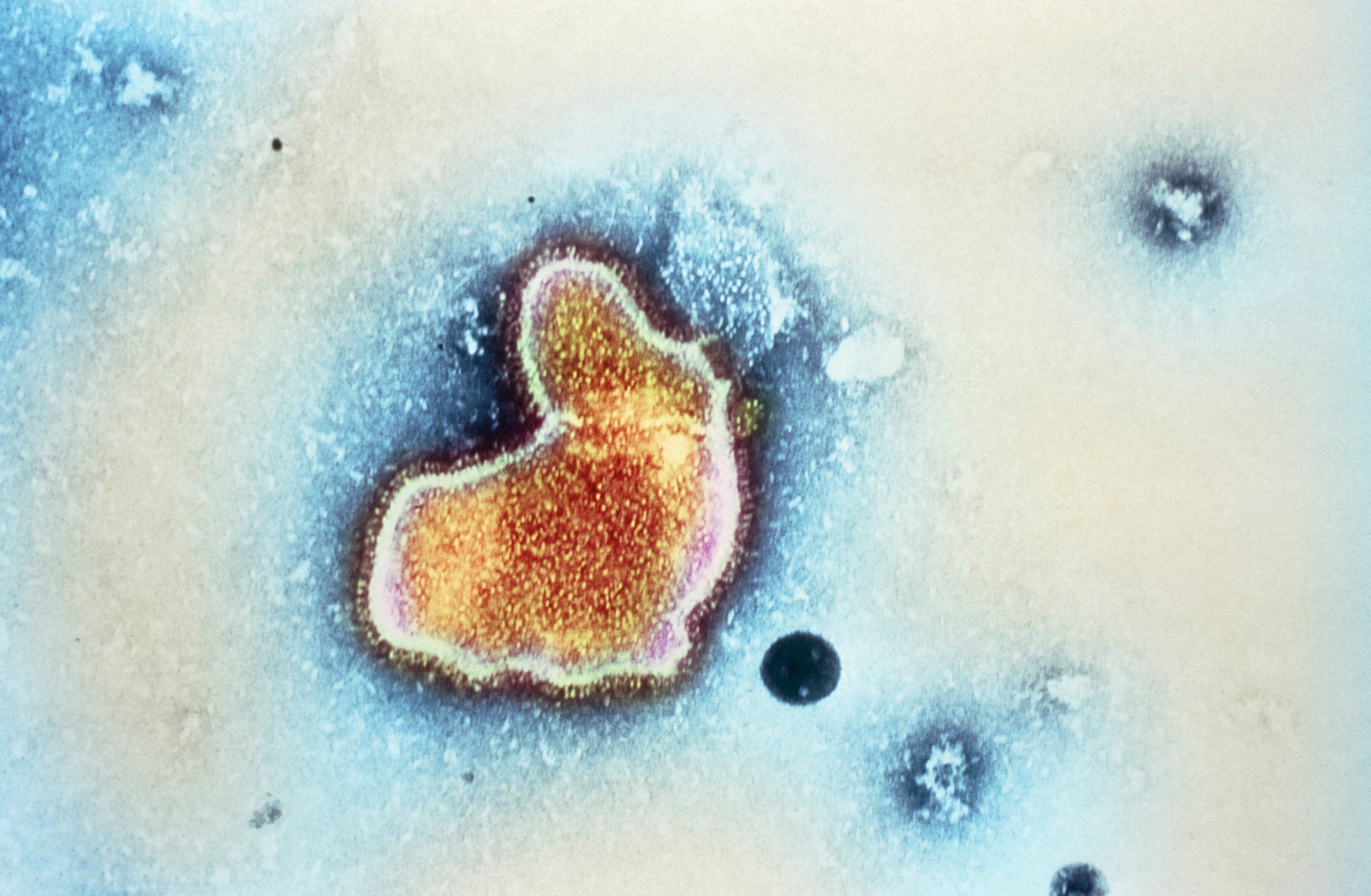
Pfizer Inc.’s vaccine to protect newborns from RSV received backing from U.S. regulatory advisers for use in pregnant mothers to protect their newborns, handing the drugmaker a win in the race to dominate immunization against the virus.
All 14 members of the committee that advises the Food and Drug Administration recommended the vaccine as effective for use in pregnant women. In a separate question about safety, 10 panelists voted in favor of it and four voted against, saying they were concerned about pre-term births among participants. The FDA isn’t required to follow its advisers’ recommendations, but often does.
Respiratory syncytial virus normally causes a cold in otherwise healthy people but can be dangerous for the elderly and young children. Rival GSK Plc’s RSV vaccine has already been approved for use in older adults and Pfizer is expected to get the green light for that group later this month.
Read More: Why It Took So Long to Finally Get an RSV Vaccine
Pfizer is the only company to seek and gain a panel nod for pregnant mothers. Racing to replace revenue it’s losing from falling sales of its COVID-19 vaccine, Pfizer is vying with other drugmakers in an RSV market that’s expected to grow to more than $10 billion a year.
The vaccine works by spurring production of immune proteins called antibodies in pregnant mothers that then travel to the fetus. It’s aimed at protecting newborns who are highly vulnerable to RSV infection.
While GSK beat Pfizer to regulatory approval for an RSV vaccine for older adults, the British company stopped enrolling RSV trials for pregnant women due to an increase in pre-term births that it’s still studying.
Pfizer also reported a higher rate of premature births among pregnant mothers who received its vaccine than among those who got a placebo, but the difference wasn’t statistically significant, FDA staff said in a report released before the advisory meeting.
Several advisory committee members brought up the issue of pre-term births during the all-day meeting Thursday. GSK’s data on premature birth is “hanging over” Pfizer’s vaccine, said one member, Paul Offit, director of the Vaccine Education Center at the Children’s Hospital of Philadelphia. Lack of data about co-administering the RSV shot with other vaccines is also worrying, said Hana Mohammed El Sahly, chair of the panel and professor at Baylor College of Medicine. Both voted against recommending the vaccine for safety reasons.
RSV is a common cause of respiratory illness in infants and is potentially life threatening. Globally, it results in the deaths of more than 100,000 children each year, the vast majority in developing countries. Vaccine makers have struggled for years to develop an effective immunization for the virus.
In pregnant women, Pfizer reported vaccine efficacy of 81.8% against severe cases of RSV in the first 90 days of life in newborns, and 69.4% in the first six months.
Sanofi and AstraZeneca Plc are also seeking FDA approval for their RSV shot for newborns and infants, but it would be given directly to children, rather than to pregnant mothers. It’s already approved in Europe, the UK and Canada. An FDA advisory panel will review it in June.
More Must-Reads From TIME
- The 100 Most Influential People of 2024
- Coco Gauff Is Playing for Herself Now
- Scenes From Pro-Palestinian Encampments Across U.S. Universities
- 6 Compliments That Land Every Time
- If You're Dating Right Now , You're Brave: Column
- The AI That Could Heal a Divided Internet
- Fallout Is a Brilliant Model for the Future of Video Game Adaptations
- Want Weekly Recs on What to Watch, Read, and More? Sign Up for Worth Your Time
Contact us at letters@time.com